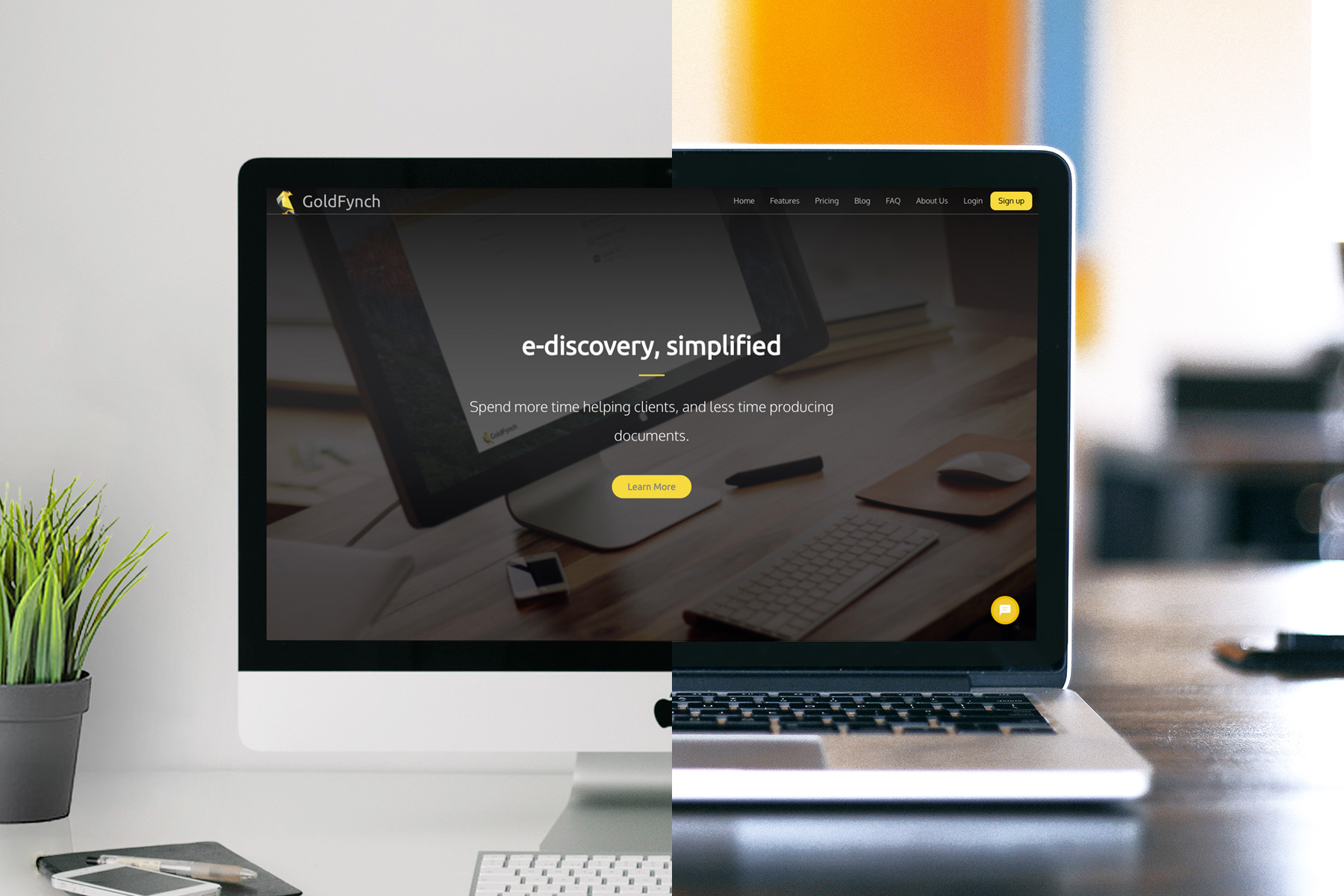What Is Ediscovery (Or E-Discovery)?

What is E-Discovery?
Ediscovery (i.e. electronic discovery) is the process of collecting, sharing, and searching electronically stored information (ESI) – e.g. Microsoft Word files, PDFs, audio files, etc. The ‘e’ in ediscovery stands for electronic.
A standard legal requirement is for opposing lawyers to share the information they have collected with each other. In yesteryear, this involved cardboard boxes full of paper files and folders for a case – a process called ‘discovery’; today, since most of the data is available electronically, with _e_discovery, lawyers can share computer files via the internet using special ediscovery software. Although, some lawyers still share paper documents. It is becoming more efficient and cost effective to eliminate paper and share everything electronically.
What’s so great about E-Discovery?
Ediscovery (or e-discovery) is better than ‘regular’ discovery in significant ways:
- It’s so much faster. Instead of sifting through thousands of files manually, computers will find you your keywords in seconds. And you can search through all kinds of files – emails, photos, scanned images, PDFs, and more. Duplicates are eliminated saving more time.
- It saves space. Instead of boxes (and often, rooms) of files, everything sits on a computer server. An entire server, which can store the equivalent of 1000s of boxes of files, only occupies the space of a very small box.
- It’s more convenient. With cloud-computing, you can now access your files from anywhere in the world. This allows you to travel and still work on your case.
- You have access to metadata. Computer files and documents have metadata: I.e. information about the files themselves – like when they were created, who created them, etc. This data comes in handy, for example when you have a recorded interview and want to know when the recording was made.
- It’s much better for the environment. What happens to the paper files after the case is done? To take it a step further, most cloud computing centers run on renewable energy.
What are the problems with E-Discovery?
Lawyers and paralegals usually have 2 problems with e-discovery:
- “It’s too complicated.” It is newer technology, which is generally not taught in law schools. But with the right software, e-discovery is as easy as dragging-and-dropping from one folder to another; and searching through them is as simple as using Google.
- “It’s too insecure.” Again, with quality software, your data is safer than they would be under lock and key in your office. Paper files can be destroyed by moisture, fire, and insects. Backing up paper files is a herculean task. They also risk being easily stolen as only physical barriers can protect the files. With electronic files, the files are rarely even on premise, constantly backed up in multiple locations and access is only granted through passwords and sophisticated digital security.
Where can i learn more about E-Discovery?
Learn more about fast, convenient and secure e-discovery.
- Read the GoldFynch FAQ. It is a short read and should cover most of the ediscovery basics
Learn more about searching for keywords with e-discovery software.
- Sign up for GoldFynch, creating a case and start searching. Remember accounts are free on GoldFynch.com and you can create a new case for free.
- Watch the short 1 minute videos on using GoldFynch on YouTube.